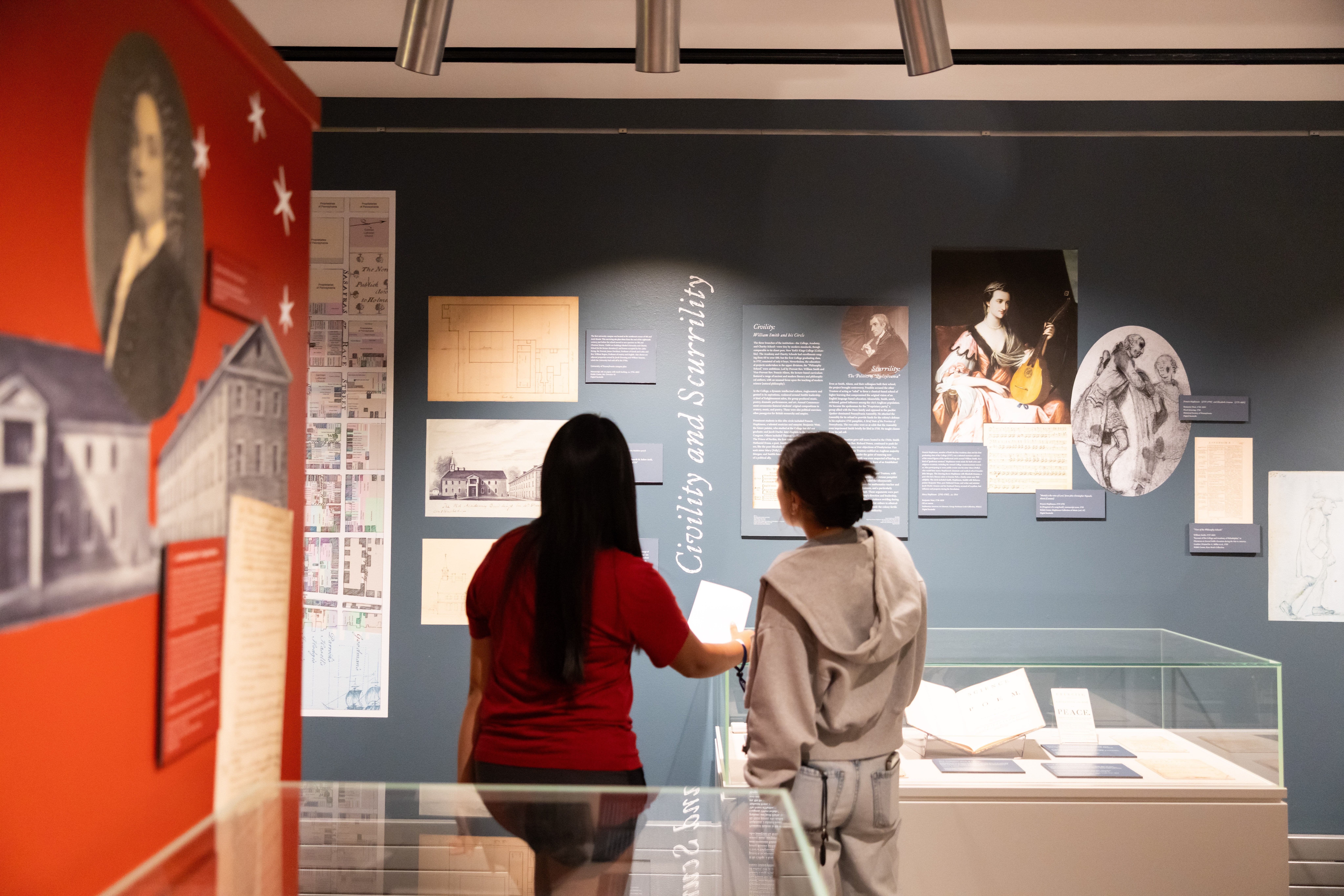Celebrate or Demonstrate: Philadelphia and Bicentennial Discontent
Opening February 9, 2026. As the nation prepares to commemorate America's 250th, this exhibit will look back on the bicentennial, sharing perspectives from the groups who raised their voices in protest and critiqued a wholly celebratory approach to American history.











